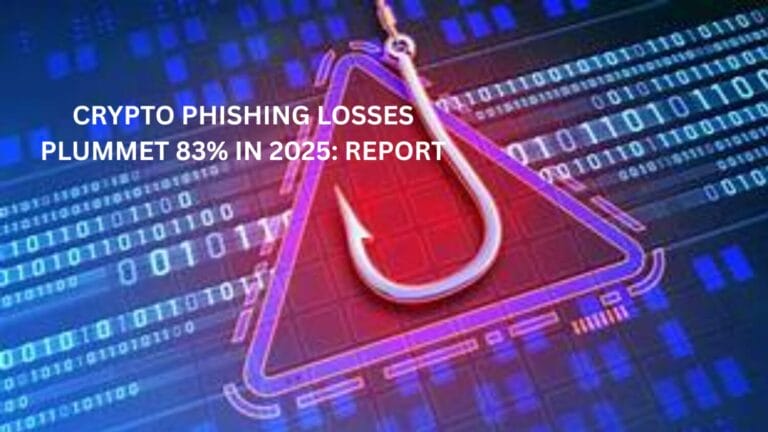Key Takeaways
- Perstev stated that the move hampers his ability to prepare for the appeal
- Pertsev was found guilty of money laundering by the s-Hertogenbosch Court of Appeal in May this year
Alexey Pertsev, the developer behind the crypto mixing service- Tornado Cash, will remain in custody as he awaits trial in the Netherlands.
Perstev took to X(formerly Twitter)to express his dissatisfaction with the court’s decision to extend his detention”
“I am sad to announce that, despite our best efforts, the court decided to prolong my pre-trial detention. This decision significantly complicates my ability to prepare for the appeal, but I remain determined to continue fighting for justice.”, his tweet reads.
Pertsev’s legal troubles began in August 2022, shortly after the U.S. government sanctioned Tornado Cash. The protocol, which allows users to obscure transaction details to enhance privacy, was flagged by regulators for its alleged use in illicit financial activities.
Despite these sanctions, Tornado Cash remains operational and has seen a significant increase in usage. In 2024, it reportedly received $1.8 billion in deposits during the first half of the year—a 45% rise compared to 2023. This increase has drawn attention from U.S. lawmakers, who recently urged Treasury officials to provide updates on the government’s efforts to address concerns about the platform.
Pertsev’s case has unfolded over multiple legal proceedings, with significant developments earlier this year. On May 14, the Dutch Court of Appeal in ‘s-Hertogenbosch sentenced him to five years and four months in prison for alleged money laundering. Prosecutors accused Pertsev of enabling the laundering of $1.2 billion in illicit assets through Tornado Cash.
During a key trial in March, Pertsev argued that Tornado Cash operates as a non-custodial protocol, meaning it does not manage or control user funds. He contended that he could not be held responsible for how users chose to employ the protocol. However, the court rejected this defense, stating that if Pertsev and the other co-founders had genuinely sought to prevent criminal misuse, they could have implemented stricter safeguards.
The May ruling followed months of scrutiny, during which authorities examined the protocol’s operations and its role in facilitating anonymous transactions. While Pertsev maintained that Tornado Cash was intended to provide privacy for legitimate users, prosecutors argued that the lack of oversight created a loophole for illicit activities.
Pertsev’s arrest and subsequent trials have ignited a broader debate within the crypto community about developer accountability. Supporters argue that developers should not be liable for the actions of users on open-source platforms, particularly when they lack direct control over the technology’s application. On the other hand, critics assert that developers have an ethical and legal responsibility to anticipate potential misuse and implement measures to prevent it.
The latest development also comes days after many Democratic members of the US House of Representatives demanded answers from Treasury officials on what is being done about the sanctioned Tornado Cash.









